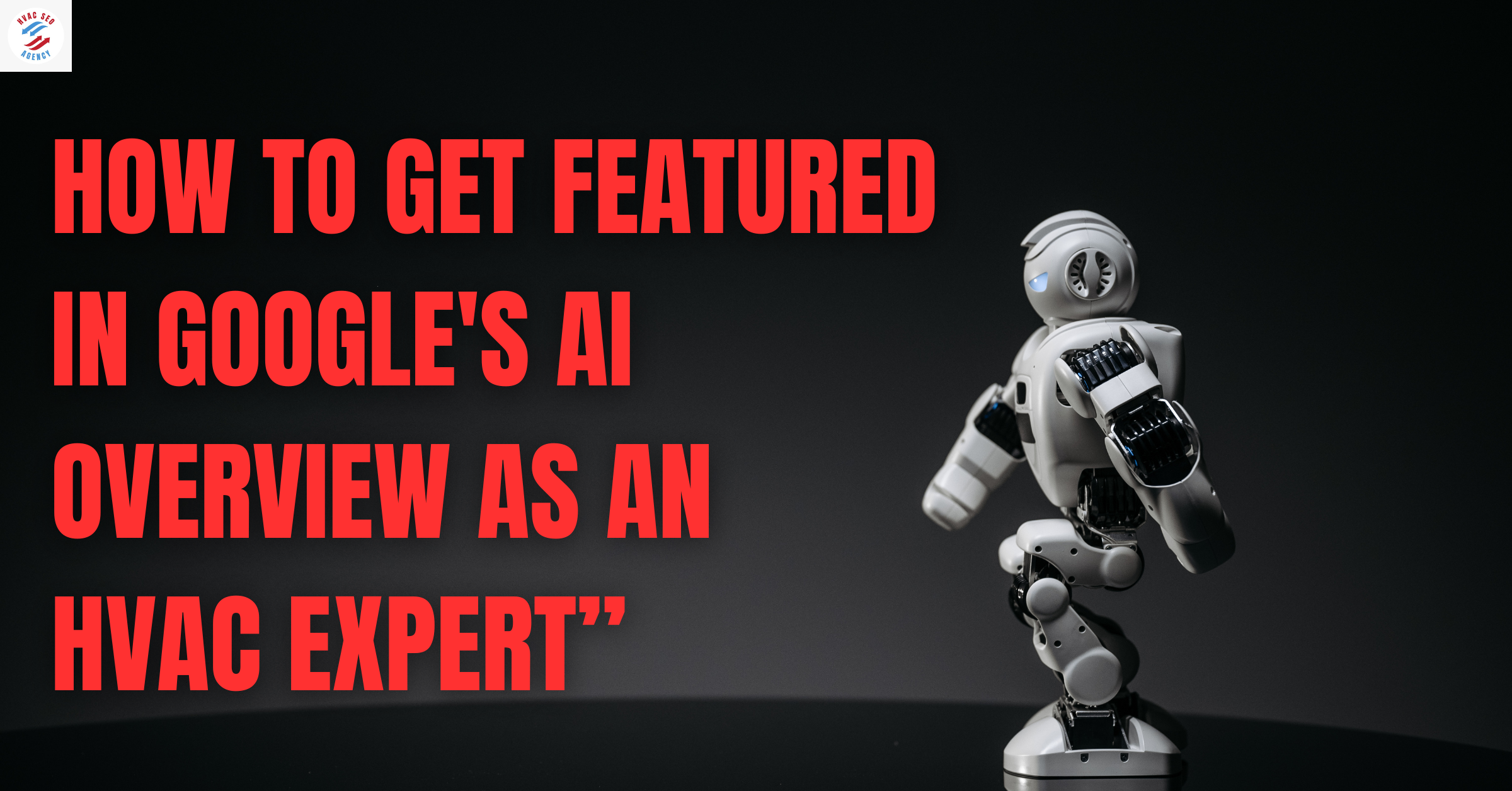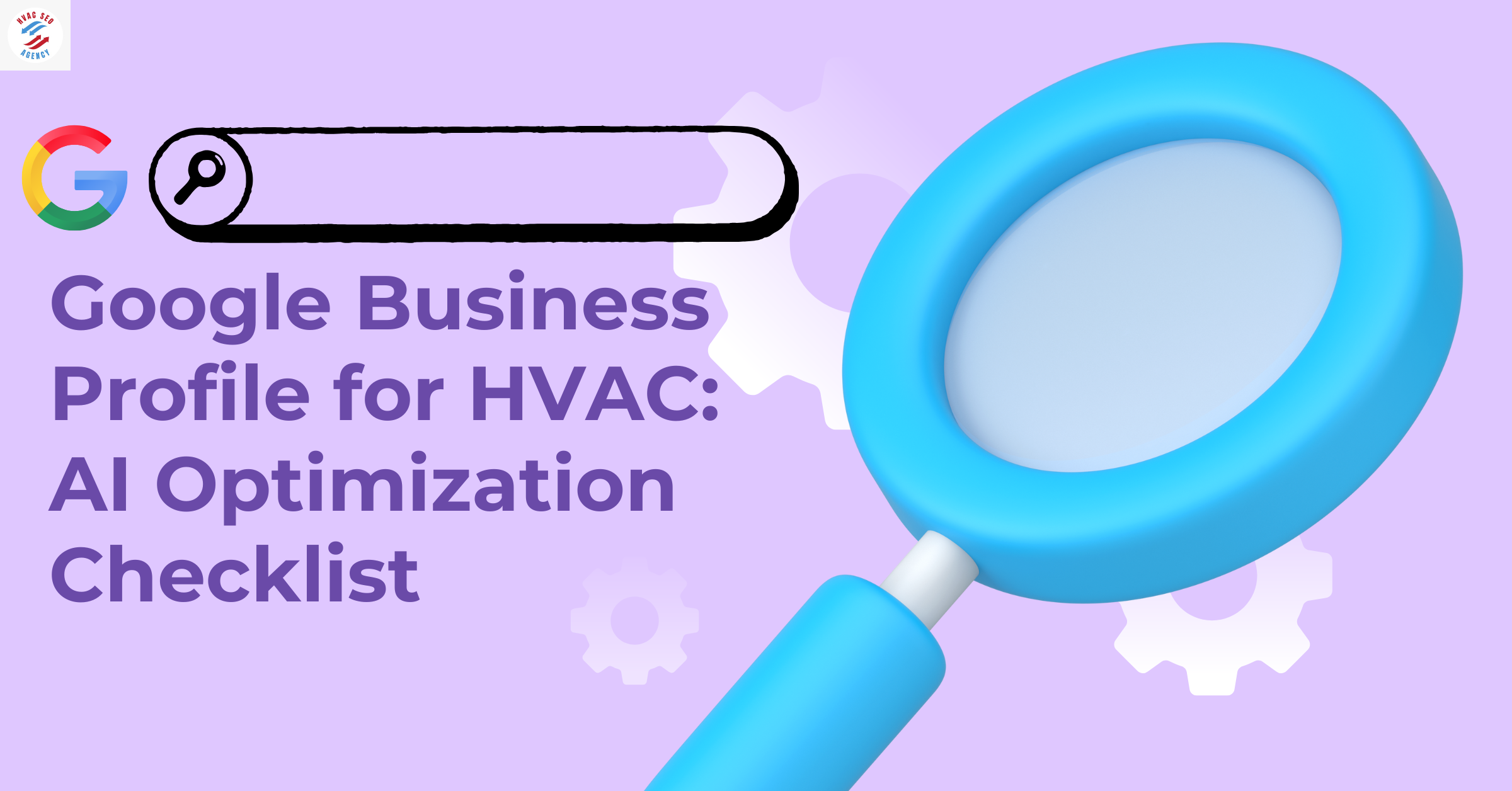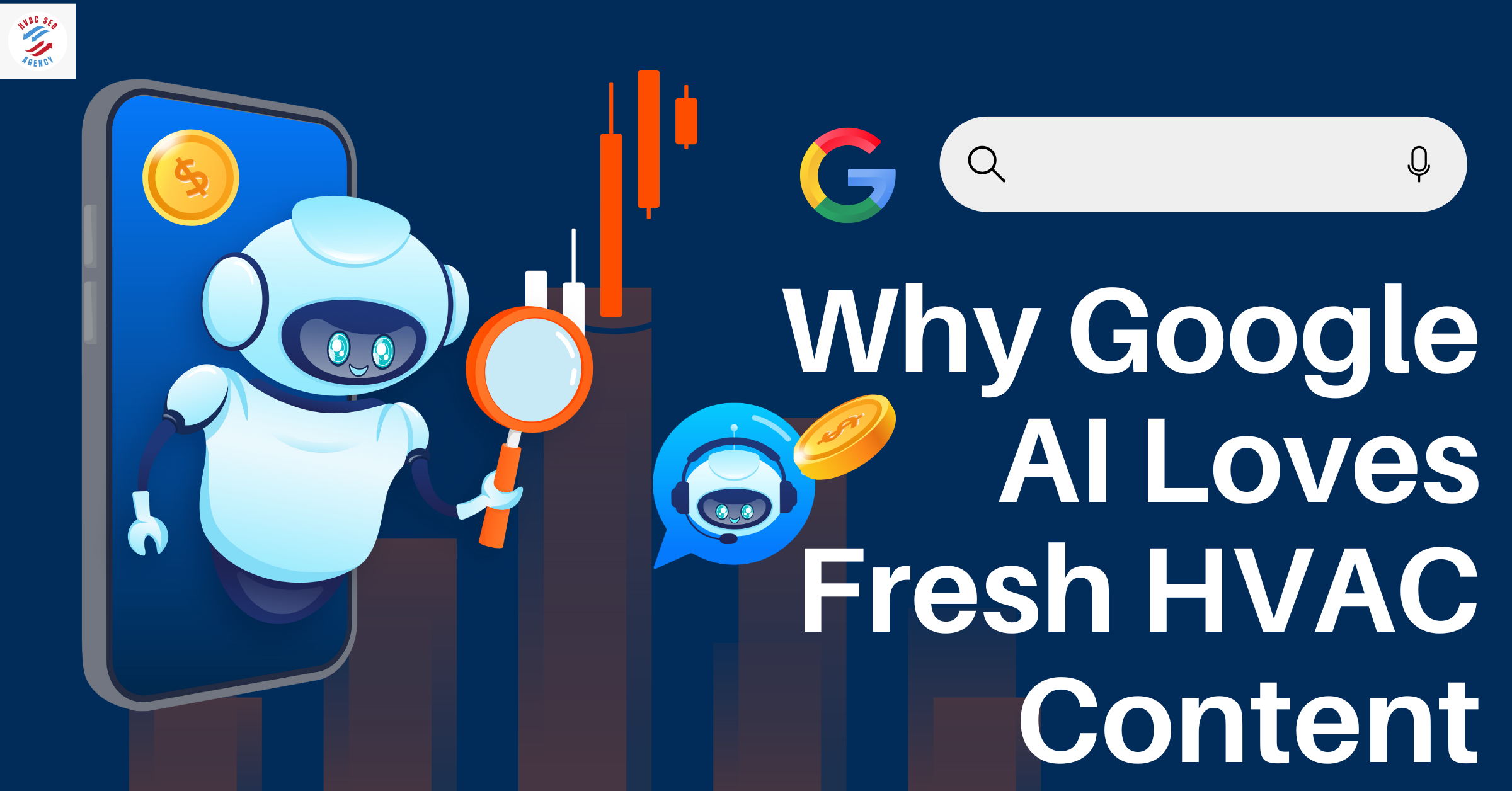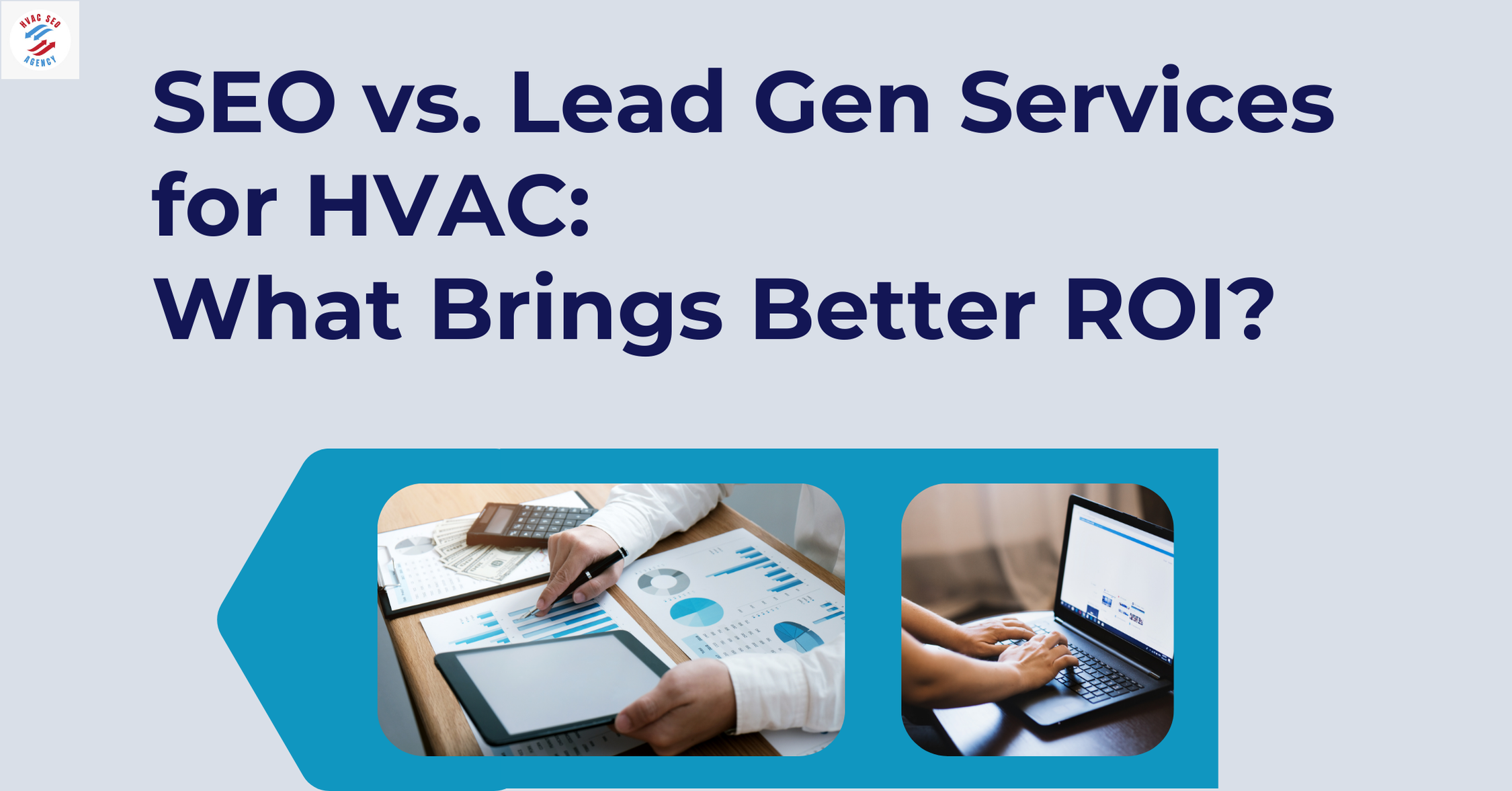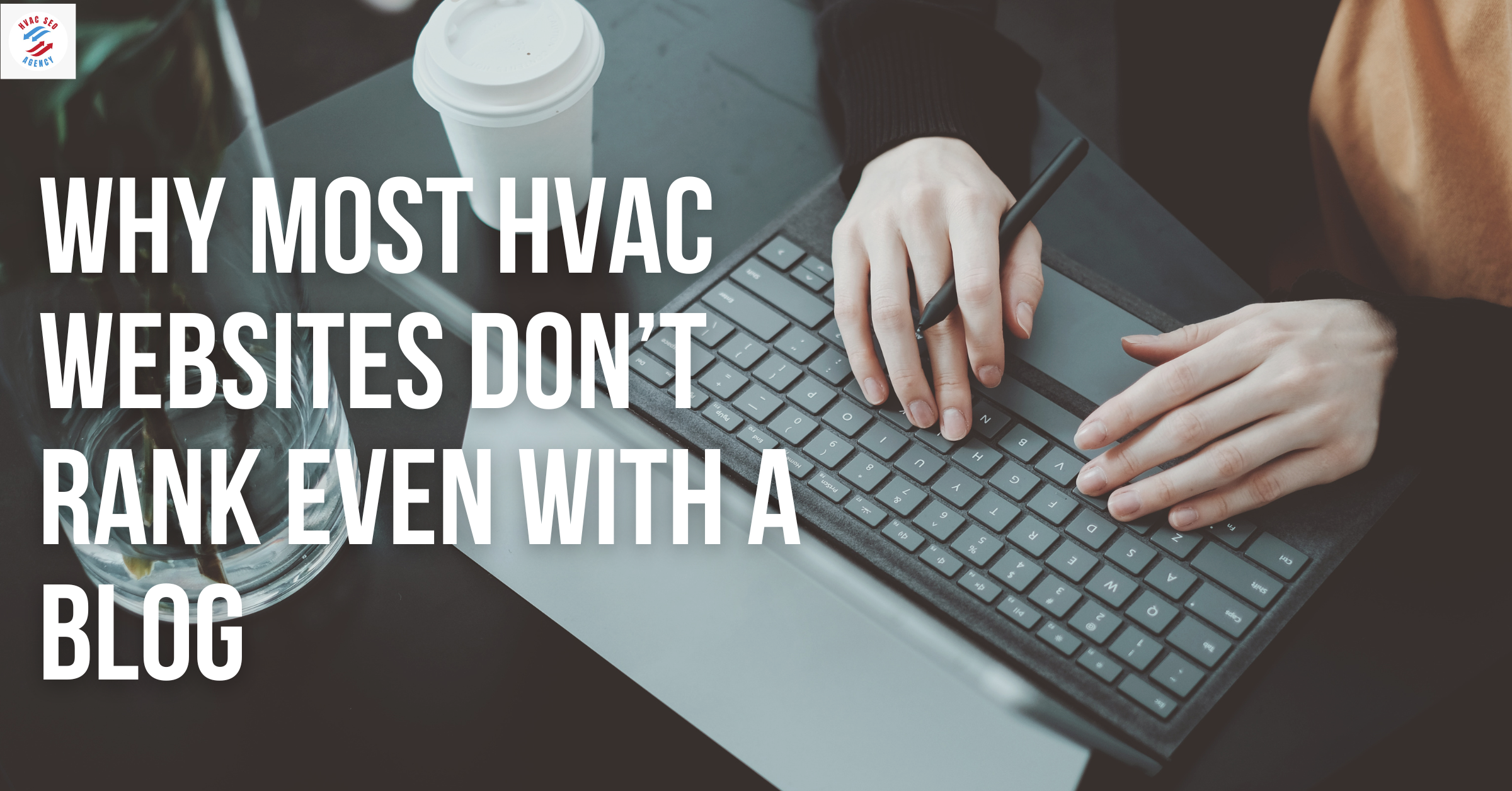HVAC Sales Training: How to Close More Deals

Section 1: The HVAC Sales Landscape in 2025
1.1 Market Overview: HVAC Industry in the U.S.
The HVAC industry in the United States is experiencing significant growth, with the market size projected to reach $49.70 billion by 2030, growing at a compound annual growth rate (CAGR) of 7.4% from 2024 to 2030 . This expansion is driven by increasing demand for energy-efficient equipment and the growing real estate market.
In 2023, the U.S. HVAC industry was estimated to be worth over $30 billion . Approximately 87% of new single-family homes in the U.S. are equipped with air conditioning, indicating a high penetration rate .
1.2 Employment and Workforce Dynamics
The HVAC industry employs a substantial workforce. As of 2023, there were nearly 400,000 people employed as HVAC mechanics and installers in the U.S. . The number of people employed in the HVAC industry has increased by 2.8% over the five years between 2018 and 2023 .
1.3 Sales Channels and Revenue Streams
HVAC companies in the U.S. typically serve various sectors, including new construction, retrofitting, residential homeowners, commercial and government businesses, and industrial and retail properties . Residential HVAC services account for the largest share of the market, followed by commercial HVAC services, which hold over 30% of total HVAC sales.
1.4 Importance of HVAC Sales Training
With the HVAC industry's growth, effective HVAC sales training becomes crucial. Proper training equips sales teams with the necessary HVAC technician selling skills to navigate the competitive market, understand customer needs, and close more deals. Investing in HVAC sales training can lead to increased revenue and customer satisfaction.
1.5 Role of HVAC SEO Agencies in Business Growth
In the digital age, HVAC SEO agencies play a vital role in the growth of HVAC businesses. By optimizing online presence, these agencies help HVAC companies generate more leads and increase revenue. Effective SEO strategies ensure that potential customers find HVAC services when searching online, making HVAC SEO agencies essential partners in business development.
1.6 Industry Challenges and Opportunities
Despite the positive outlook, the HVAC industry faces challenges such as a skilled labor shortage and rising operational costs. According to the U.S. Bureau of Labor Statistics, the HVAC industry faces a deficit of approximately 80,000 skilled workers, with only 39% of positions being filled . Additionally, HVAC service providers experienced a 28% increase in operational costs year-over-year .
However, these challenges also present opportunities. Investing in HVAC sales training can help companies better navigate the competitive landscape, while partnering with HVAC SEO agencies can enhance online visibility and lead generation.
[Table: HVAC Industry Employment Statistics (2018-2023)]
Note: The data reflects the number of HVAC professionals employed in the U.S. from 2018 to 2023.
Section 2: Core Components of Effective HVAC Sales Training
2.1 The Necessity of HVAC Sales Training
The HVAC industry is experiencing significant growth, with a projected annual growth rate of 5% over the next decade. This expansion underscores the importance of effective HVAC sales training to equip sales teams with the necessary skills to navigate the competitive market.
2.2 Essential HVAC Technician Selling Skills
HVAC technicians must possess a combination of technical knowledge and interpersonal skills to effectively sell HVAC systems. Strong communication and interpersonal skills are crucial, as technicians often engage in client consultations and negotiations.
2.3 Impact of Sales Training on Performance
Effective HVAC sales training can lead to improved closing rates and increased revenue. While the national average closing rate for residential HVAC sales is less than 35%, well-trained salespeople can achieve rates of 50% or higher.
2.4 Role of HVAC SEO Agencies in Sales Growth
HVAC SEO agencies play a vital role in generating leads and increasing revenue for HVAC businesses. By optimizing online presence, these agencies help HVAC companies attract more customers, thereby enhancing the effectiveness of sales training programs.
[Table: Key Components of Effective HVAC Sales Training]
3.1 Understanding the Role of HVAC Technician Selling Skills
HVAC technician selling skills are vital for transforming technical expertise into sales success. Technicians often serve as the face of the company, and their ability to communicate product benefits and build trust directly impacts deal closures. Developing strong selling skills enables HVAC professionals to move beyond repairs and service calls, turning each interaction into a sales opportunity.
3.2 Essential Selling Skills for HVAC Technicians
To maximize conversions, HVAC technicians must focus on these core selling skills:
Consultative Selling: Understanding customer needs by asking probing questions and offering tailored recommendations rather than a one-size-fits-all solution.
Problem-Solving Mindset: Demonstrating how HVAC products or services solve specific pain points, such as reducing energy bills or improving indoor air quality.
Effective Communication: Explaining complex HVAC concepts clearly and confidently to help customers make informed decisions.
Handling Objections: Preparing for common concerns about pricing, installation timelines, or equipment longevity and addressing them with facts and empathy.
Closing Techniques: Recognizing buying signals and confidently guiding customers toward commitment with clear next steps.
3.3 Impact of HVAC Technician Selling Skills on Sales Performance
Studies show that well-trained HVAC technicians with advanced selling skills close more deals and increase average transaction sizes. According to a 2024 survey by the Air Conditioning Contractors of America (ACCA):
Technicians with sales training closed 35% more deals than those without.
Sales-trained technicians increased average sales value by 22%.
Customer satisfaction scores improved by 18% when technicians applied effective selling skills.
These statistics demonstrate that investing in HVAC technician selling skills directly boosts sales and customer loyalty.
3.4 Training Methods to Enhance Technician Selling Skills
Role-Playing Exercises: Simulating sales conversations to practice objection handling and closing strategies.
Shadowing Experienced Sales Professionals: Learning from top performers through observation and mentorship.
Online Sales Training Modules: Interactive courses covering consultative selling, communication skills, and product knowledge.
Regular Performance Feedback: Using call recordings and customer feedback to identify improvement areas.
3.5 The Link Between HVAC Sales Training and Technician Selling Skills
HVAC sales training programs should prioritize developing technician selling skills alongside technical training. A comprehensive approach that combines product knowledge with sales techniques equips technicians to effectively convert service visits into sales opportunities.
3.6 HVAC SEO Agency's Role in Supporting Technician Sales Skills
While HVAC technician selling skills drive in-person sales success, partnering with an HVAC SEO agency amplifies lead generation and brand visibility online. Optimized digital marketing funnels create more qualified prospects, allowing skilled technicians to engage with better-prepared customers and close deals more efficiently.
[Table: Correlation Between HVAC Technician Selling Skills and Sales Metrics]
.1 The Importance of HVAC Sales Training in Business Expansion
Effective HVAC sales training not only empowers your sales team and technicians but also drives measurable growth in leads and revenue. Well-trained sales personnel convert prospects into customers more efficiently, reducing sales cycles and increasing average deal size. This solid foundation is crucial for scaling operations in the competitive HVAC market in the USA.
4.2 How HVAC SEO Agencies Complement Sales Training
An HVAC SEO agency plays a critical role in fueling business growth by increasing online visibility, generating high-quality leads, and enhancing brand credibility. Here’s how SEO agencies support HVAC sales training efforts:
Lead Generation: SEO strategies target buyers actively searching for HVAC services, feeding your trained sales team with qualified leads.
Brand Authority: High search rankings and positive online reviews build trust, easing the sales process for technicians and sales reps.
Customer Insights: SEO analytics provide data on customer behavior and preferences, enabling tailored sales training and messaging.
4.3 Statistical Impact of SEO on HVAC Business Growth
According to recent industry data from HubSpot and HVAC industry reports:
These figures indicate that integrating HVAC sales training with professional SEO services significantly boosts lead quality and conversion efficiency.
4.4 Case Study: HVAC Company Growth through Combined Sales Training and SEO
A mid-sized HVAC company in Texas partnered with an HVAC SEO agency while implementing an intensive HVAC sales training program for technicians and sales staff. Over 12 months, the company achieved:
55% increase in monthly qualified leads
40% growth in sales revenue
25% reduction in sales cycle time
20% improvement in customer retention rates
4.5 Best Practices to Align HVAC Sales Training with SEO Efforts
Collaborate Regularly: Sales and marketing teams should share insights and feedback to refine messaging and training focus.
Use SEO Data in Training: Incorporate keyword trends, common customer questions, and competitor analysis into sales scenarios.
Train for Online Reputation Management: Equip technicians and sales reps with skills to encourage positive reviews and online engagement.
Measure Joint KPIs: Track metrics like lead-to-sale conversion rates, average sale value, and SEO-driven traffic to assess combined impact.
Section 5: Advanced HVAC Sales Training Techniques to Close More Deals
5.1 Customized Sales Training Programs for HVAC Teams
Generic sales training can only go so far in the HVAC industry. Advanced HVAC sales training programs are customized to address specific challenges faced by HVAC sales professionals and technicians. These programs focus on:
Industry-Specific Scenarios: Role-plays and case studies tailored to HVAC customer objections and buying triggers.
Product Knowledge Deep Dive: Detailed training on new HVAC technologies, energy efficiency standards, and maintenance services.
Behavioral Sales Strategies: Techniques like emotional intelligence, active listening, and persuasive communication adapted to HVAC contexts.
5.2 Utilizing Technology to Enhance Sales Training
Modern HVAC sales training leverages technology for better learning outcomes:
Virtual Reality (VR) Simulations: Immersive sales scenarios allow technicians to practice selling skills in a risk-free environment.
Sales Enablement Platforms: These provide on-demand access to product info, customer data, and sales playbooks.Mobile Learning Apps: Enable continuous learning during downtime, ensuring skills stay sharp in the field.
Data Analytics: Tracking individual performance metrics to personalize training and identify skill gaps.
5.3 Incorporating HVAC Technician Selling Skills into Advanced Training
Advanced programs emphasize blending technical expertise with selling skills, such as:
Teaching technicians how to identify upsell opportunities during routine maintenance visits.
Training on effective communication techniques to explain complex HVAC systems in simple terms.Developing objection handling tailored to common HVAC-specific concerns like installation costs or energy savings.
5.4 The Role of HVAC SEO Agencies in Supporting Advanced Sales Training
HVAC SEO agencies complement advanced training by:
Delivering detailed keyword research that informs sales messaging.
Optimizing content for common customer queries, reducing sales friction.
Generating targeted leads that are more likely to convert after advanced training.
Section 6: Overcoming Common Challenges in HVAC Sales Training and Technician Selling Skills
6.1 Identifying Common Challenges in HVAC Sales Training
Despite its importance, HVAC sales training faces several obstacles that can limit its effectiveness if not addressed:
Resistance to Change: Technicians and sales staff may be reluctant to adopt new sales techniques or shift from purely technical roles.
Lack of Customized Training: One-size-fits-all programs fail to address the unique selling environments and customer needs in different HVAC markets.
Inconsistent Training Delivery: Irregular or poorly scheduled training sessions reduce skill retention and practical application.
Limited Integration with Marketing: Sales teams without access to SEO insights or marketing data struggle to align messaging with customer intent.
6.2 Challenges Specific to HVAC Technician Selling Skills
HVAC technicians often encounter unique selling challenges including:
Balancing Technical and Sales Roles: Managing customer trust while introducing sales pitches without appearing pushy.
Time Constraints: Limited time on-site can make thorough sales conversations difficult.
Handling Complex Customer Objections: HVAC systems can be complicated, making it harder to simplify benefits and justify costs.
Limited Follow-up Opportunities: Technicians may lack tools or training to maintain contact post-service for upselling or referrals.
6.3 Data on Training Challenges Impacting Sales Performance
A 2023 report by the HVAC Industry Sales Consortium found:
Engage Staff Early: Involve technicians and sales reps in training design to increase buy-in.
Customize Content: Tailor training modules to reflect specific HVAC products, market segments, and customer personas.
Schedule Regular Refreshers: Maintain consistent training cadence for skill reinforcement.
Integrate SEO and Sales Efforts: Foster collaboration between marketing teams and sales through shared data and aligned goals.
Equip Technicians with Tools: Provide mobile apps, follow-up templates, and CRM access to support sales conversations and customer relationship management.
6.5 Role of HVAC SEO Agencies in Mitigating Training Challenges
HVAC SEO agencies can assist by providing:
Data-Driven Customer Insights: Enabling sales teams to anticipate objections and tailor pitches.
Content Marketing Support: Creating sales collateral and FAQs that simplify complex HVAC topics.
Lead Qualification: Delivering higher-quality leads to reduce time pressures on technicians.
Section 7: Measuring the Success of HVAC Sales Training Programs
7.1 Importance of Tracking Training Effectiveness
Measuring the effectiveness of HVAC sales training is critical to ensure that investments yield tangible business results. Continuous assessment allows companies to identify strengths, pinpoint areas for improvement, and optimize training to better align with sales goals.
7.2 Tools for Monitoring Sales Training Outcomes
Effective tracking requires the use of tools such as:
CRM Systems: Platforms like Salesforce or HubSpot capture detailed sales activity and customer interactions.
Sales Performance Dashboards: Visual reports summarizing KPIs in real-time for management review.
Feedback Surveys: Collect input from sales staff and customers to evaluate training impact qualitatively.
Learning Management Systems (LMS): Track course completion, assessment scores, and training engagement levels.
7.3 Statistical Insights on Training ROI
A 2024 survey by the American HVAC Sales Association reported:
Companies that rigorously measure training outcomes experience an average 48% higher sales growth compared to those that do not.
Sales teams with data-driven training adjustments close deals 35% faster.
Customer satisfaction scores rise by 12% on average when training effectiveness is continuously evaluated.
7.4 Role of HVAC SEO Agencies in Performance Measurement
HVAC SEO agencies contribute by:
Providing analytics on lead sources, enabling attribution of closed deals to marketing efforts.
Tracking search engine rankings and website traffic, helping correlate SEO impact with sales growth.
Offering insights into customer search behavior, aiding sales teams in refining training focus areas.
Section 8: Future Trends in HVAC Sales Training and Technician Selling Skills
8.1 Emerging Trends Shaping HVAC Sales Training
The HVAC industry is evolving rapidly, and sales training programs must adapt to stay effective. Key future trends include:
AI-Powered Sales Training: Artificial intelligence tools analyze sales calls and provide personalized coaching to improve technician selling skills and overall sales performance.
Gamification: Incorporating game elements like points, leaderboards, and rewards to increase engagement and motivation during HVAC sales training.
Microlearning: Delivering bite-sized, focused training modules that fit into technicians’ busy schedules, improving knowledge retention.
Virtual and Augmented Reality: Enhanced immersive simulations that replicate real-world sales scenarios for more effective hands-on practice.
8.2 Increasing Importance of HVAC Technician Selling Skills
As HVAC systems become more complex, technicians are expected to:
Communicate technical benefits clearly to non-expert customers.
Identify upsell and cross-sell opportunities during service visits.
Build stronger customer relationships that drive referrals and repeat business.
Improving technician selling skills will be a critical differentiator for HVAC companies in the coming years.
8.3 Integration of HVAC SEO Agencies with Sales Training
The future will see tighter integration between HVAC sales training and SEO agencies through:
Real-Time Data Sharing: Using SEO analytics to update sales training content based on trending customer queries and pain points.
Enhanced Lead Scoring: Combining SEO lead data with sales training feedback to prioritize high-potential prospects.
Collaborative Content Creation: Developing FAQs, blogs, and videos aligned with sales training to support technicians in the field.
8.4 Forecasted Impact of These Trends
According to a 2025 report by the HVAC Industry Growth Council:
To stay competitive, HVAC companies should:
Invest in next-gen sales training technologies.
Continuously update technician selling skills aligned with emerging HVAC products and services.
Partner with HVAC SEO agencies that offer advanced data analytics and marketing-synergized strategies.
Foster a culture of continuous learning and innovation within sales teams.
Section 9: How HVAC SEO Agencies Drive Sales Growth Through Targeted Lead Generation
9.1 The Critical Role of HVAC SEO Agencies in Modern Sales Strategies
In today’s competitive HVAC market, effective sales training alone is insufficient without a steady pipeline of qualified leads. HVAC SEO agencies specialize in driving targeted traffic to HVAC businesses by optimizing online presence, increasing brand visibility, and generating high-quality leads. This digital marketing support directly complements HVAC sales training efforts to close more deals.
9.2 SEO Strategies Tailored for HVAC Businesses
Key SEO tactics used by HVAC SEO agencies include:
Local SEO Optimization: Targeting geo-specific keywords like “HVAC sales training in [City]” to attract nearby customers ready to buy.
Content Marketing: Creating educational blogs, videos, and FAQs that address common HVAC questions, building trust and brand authority.
Technical SEO: Ensuring website speed, mobile responsiveness, and user-friendly navigation to improve search rankings.
Review Management: Enhancing online reputation through customer reviews, which influence buyer decisions.
9.3 Synergy Between HVAC Sales Training and SEO-Driven Leads
Integrating HVAC sales training with SEO-driven lead generation enhances outcomes by:
Providing sales teams with leads that are already educated and interested, shortening sales cycles.
Equipping technicians with insights into what potential customers are searching for, enabling more relevant conversations.
Enabling continuous feedback loops where sales data informs SEO keyword targeting and content creation.
Section 10: Best Practices for Implementing HVAC Sales Training Programs
10.1 Establish Clear Objectives and Goals
Successful HVAC sales training begins with defining specific, measurable goals aligned with business growth targets. Objectives should include:
Increasing deal closing rates by a defined percentage.
Enhancing HVAC technician selling skills to improve upsell opportunities.
Reducing sales cycle duration.
Improving customer satisfaction scores.
10.2 Customize Training to Your HVAC Business Needs
Tailor training content to reflect your company’s product offerings, service areas, and target customer demographics. Consider:
Incorporating real-life sales scenarios encountered by technicians.
Addressing common objections specific to your market.
Using data from HVAC SEO agencies to focus on trending customer queries and concerns.
10.3 Utilize a Blend of Training Methods
Combine various formats to accommodate different learning styles and schedules:
In-person workshops for hands-on role-playing and team building.
E-learning modules for flexible, self-paced learning.
Microlearning sessions for quick, focused skill refreshers.
Virtual reality simulations to practice real-world sales interactions.
10.4 Regularly Assess and Update Training Content
Continuously gather feedback from sales teams and analyze sales data to identify gaps. Refresh training materials regularly to stay relevant with:
New HVAC technologies and regulations.
Shifts in customer expectations.
Emerging sales techniques and tools.
10.5 Foster Collaboration Between Sales and Marketing Teams
Encourage ongoing communication between sales staff and HVAC SEO agencies to:
Share insights on customer behavior and objections.
Align marketing content with sales training.
Optimize lead nurturing and conversion strategies.
10.6 Invest in Technology to Support Training and Sales
Leverage digital tools such as:
Customer Relationship Management (CRM) systems to track leads and customer interactions.
Learning Management Systems (LMS) to monitor training progress and outcomes.
Mobile apps that provide on-the-go access to sales scripts, product info, and follow-up templates.
10.7 Measure Training Effectiveness and ROI
Track key metrics like deal closing rates, average sale value, and customer satisfaction post-training. Use this data to demonstrate ROI and guide future investments.
Frequently Asked Questions (FAQs) about HVAC Sales Training
Q1: What is HVAC sales training?
HVAC sales training is a specialized program designed to improve the selling skills of HVAC technicians and sales representatives, enabling them to effectively close more deals and increase revenue.
Q2: Why are HVAC technician selling skills important?
Technician selling skills empower HVAC professionals to communicate product benefits clearly, handle objections confidently, and identify upsell opportunities during service calls, which significantly boosts sales performance.
Q3: How does HVAC sales training impact deal closing rates?
Effective HVAC sales training can increase deal closing rates by up to 40%, as it equips sales teams with consultative selling techniques, objection handling, and closing strategies tailored to the HVAC industry.
Q4: What role do HVAC SEO agencies play in sales growth?
HVAC SEO agencies generate targeted online leads through optimized search engine strategies. These high-quality leads complement sales training efforts, shortening sales cycles and improving conversion rates.
Q5: How can I measure the success of HVAC sales training programs?
Key performance indicators such as deal closing rate, average deal value, sales cycle length, lead qualification rate, and customer satisfaction scores help measure training effectiveness and ROI.
Q6: What future trends should HVAC businesses consider for sales training?
Trends like AI-powered coaching, gamification, microlearning, VR simulations, and integration with HVAC SEO analytics are shaping the future of HVAC sales training.
Q7: How often should HVAC sales training be updated?
Training should be reviewed and updated regularly to reflect changes in HVAC technology, market trends, customer expectations, and sales techniques, ensuring ongoing relevance and effectiveness.
Conclusion
HVAC sales training is a vital investment for companies aiming to close more deals and accelerate growth in today’s competitive market. By enhancing HVAC technician selling skills through targeted, data-driven training programs and leveraging the power of HVAC SEO agencies to generate qualified leads, businesses can create a strong, integrated sales ecosystem. Continuous measurement of training success and adoption of emerging technologies further ensure sustained improvement and higher revenues. HVAC companies in the USA that commit to these strategies will position themselves for long-term success and market leadership.


